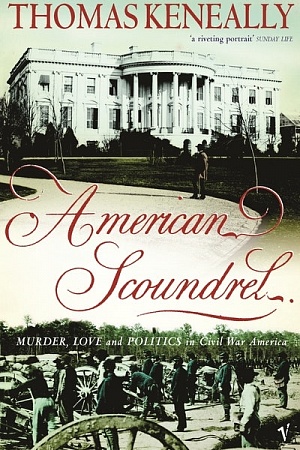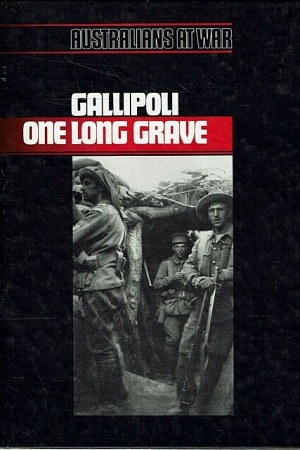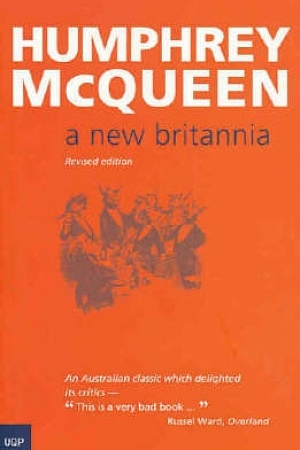The Politics of Veteran Benefits in the Twentieth Century: A comparative history
Cornell University Press, US$35 hb, 231 pp
Identifying patterns
Comparison, when it comes to historical study, is rarely devoid of ambition. The aim is to identify patterns that are global in their significance and to overcome the tendency to see a unique trajectory for particular places or nations. Yet such work frequently founders when it becomes apparent that the author’s knowledge of alternative cases is thin or that the claim to comparison is made to hide a focus that is in fact quite narrow. Not so in this co-authored book, which builds upon its three authors’ areas of expertise – the Anglosphere (Martin Crotty), Asia (Neil J. Diamant), and Europe (Mark Edele) – to deliver a compelling argument about veteran benefits in the twentieth century.
The authors faced an extraordinary challenge. Their mission was to account for why states awarded, or denied, benefits to veterans who participated in the twentieth century’s major conflicts, with a focus on the two world wars. The task was one of scale and discipline: Crotty and Edele are historians, Diamant is a political scientist. The major case studies concentrate on Australia, the United States, the Soviet Union, and China, with reference throughout to developments in the United Kingdom, Germany, Japan, and Taiwan.
Continue reading for only $10 per month. Subscribe and gain full access to Australian Book Review. Already a subscriber? Sign in. If you need assistance, feel free to contact us.











Leave a comment
If you are an ABR subscriber, you will need to sign in to post a comment.
If you have forgotten your sign in details, or if you receive an error message when trying to submit your comment, please email your comment (and the name of the article to which it relates) to ABR Comments. We will review your comment and, subject to approval, we will post it under your name.
Please note that all comments must be approved by ABR and comply with our Terms & Conditions.